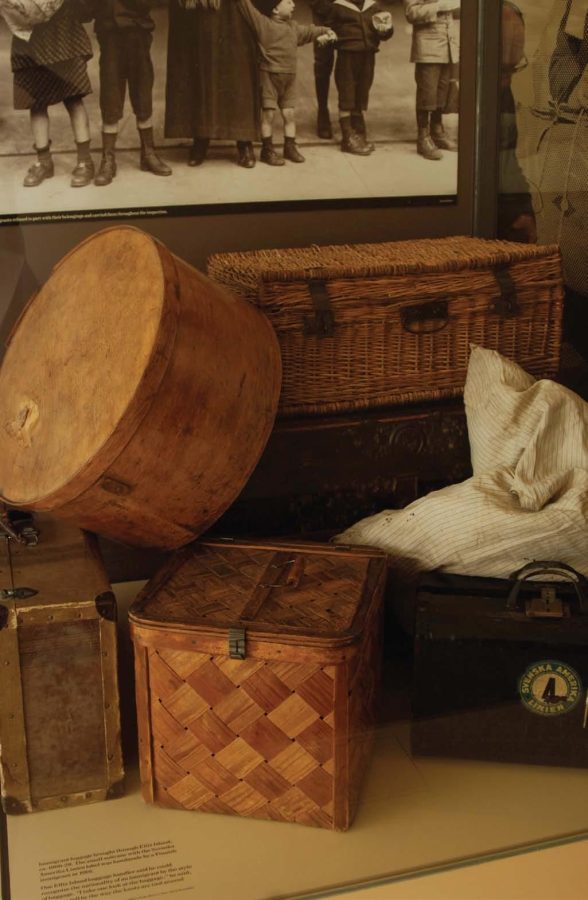Ellis Island represents the changing of America, the beginnings of true diversity and cultural richness that have helped define our country today. Yes, the aesthetics certainly have changed; walls have been painted, snack bars set up and signs and explanations of the immigration process are on full display. This infamous institute of immigration was a place where, between 1892 and 1934, thousands of people risked their lives by travelling to America from afar. In over-crowded and disease-infested boats, they sailed across the world with hopes of a successful life. Many died on the long harrowing journey as well as being turned away once they arrived; and thousands who passed through the gates did not find joy or the comfort that they imagined. During 1891, there were 405,664 immigrants, or about 80% of the national total, processed at the Barge Office. Many came alone at a young age, sent by relatives that wished for them to have a better life. It was not easy living in America because nothing was handed to them. They continued their trades, trying hard to make ends meet; they worked (if they could get work) in various places, like factories with some the worst conditions imaginable. However, with all the sacrifices they had made, these people – who may be distantly related to some of us – helped pave the way for the comfort of future generations. Visiting Ellis Island affects each generation in different ways. Some of the people that I went with, including my mother, were impressed with what they saw. While visiting the island they researched relatives with the help of Barry Moreno and the Ellis Island registry, trying to discover when their mother or other relatives finally reached New York. Their impressions of Ellis Island were mixed and heartfelt, but the general consensus was their love of being an American. According to Bob, one of the senior citizens in the group, “It is marked with so much history that it would take a lifetime to research the hundreds of thousands of immigrants that passed through the halls over the years looking for freedom.
The Seed of a Nation
By Bonnie Godas
|
October 11, 2010
About the Writer
Bonnie Godas served as the arts editor for The Mass Media the following years: Spring 2009; 2009-2010

